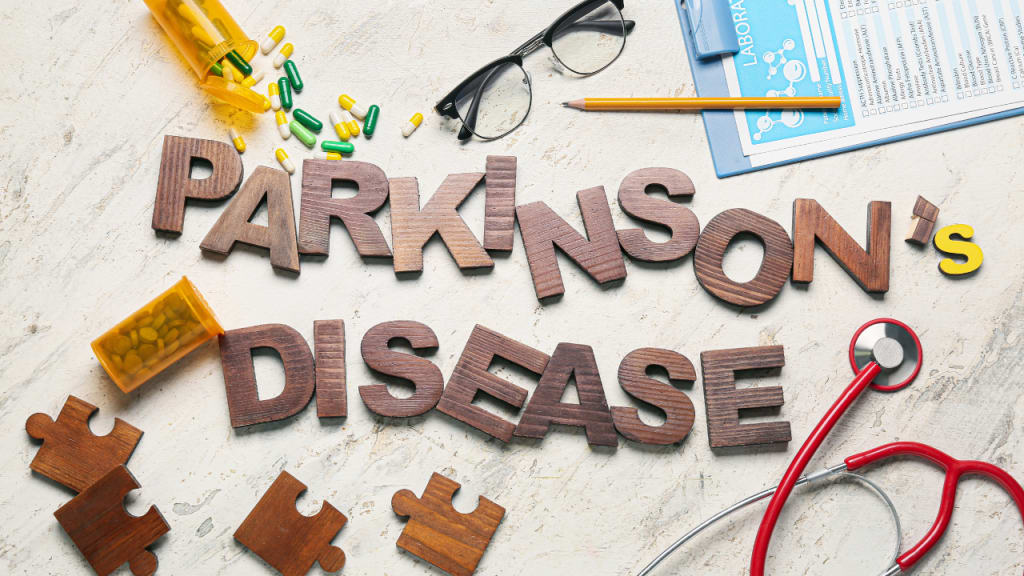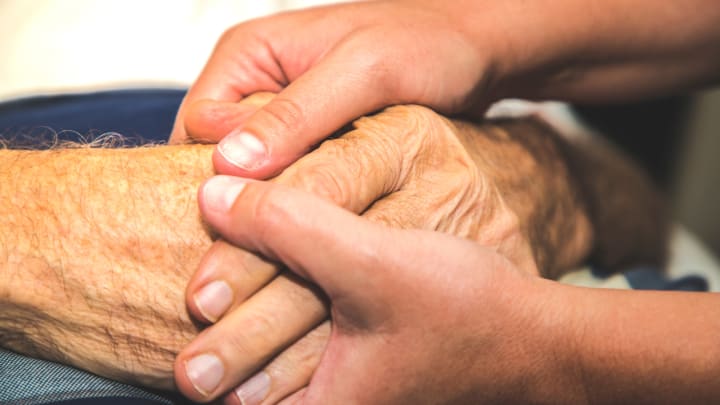
Introduction
- What is Parkinson's Disease?
- The Causes of Parkinson's Disease
- Recognizing the Early Signs and Symptoms
- Diagnosing Parkinson's Disease
- Current Treatment Options
- The Role of Physical Therapy
- Coping with Emotional Challenges
- Lifestyle Modifications for Parkinson's Patients
- Support Systems and Resources
- Research and Progress in Parkinson's Disease
- The Importance of Awareness
- Tips for Raising Parkinson's Awareness
- Conclusion
- FAQs
Introduction
Parkinson's Disease is a neurological disorder affecting millions worldwide, silently robbing individuals of their physical and emotional well-being. Raising awareness about Parkinson's is essential to foster understanding and empathy in society. This article explores Parkinson's Disease comprehensively, from its causes and symptoms to treatment options and the significance of support systems.
What is Parkinson's Disease?
Parkinson's Disease is a chronic and complex neurological disorder that primarily affects the body's motor system. It involves the gradual loss of dopamine-producing brain cells responsible for facilitating smooth movements. As a result, individuals with Parkinson's may experience tremors, muscle stiffness, impaired balance, and a general slowness of movement.
The Causes of Parkinson's Disease
The exact cause of Parkinson's Disease remains unknown. Researchers suggest that a combination of genetic and environmental factors contributes to its development. Certain genetic mutations are associated with a higher risk of Parkinson's, and exposure to toxins or chemicals may also play a role.
Recognizing the Early Signs and Symptoms
Early detection of Parkinson's Disease is crucial for timely treatment and effective management. Look out for early signs such as slight hand tremors, limb stiffness, changes in handwriting, and reduced facial expressions.
Diagnosing Parkinson's Disease
Diagnosing Parkinson's can be challenging, as there is no definitive test for the condition. Doctors rely on a combination of medical history, physical examination, and neurological tests. In some cases, brain imaging techniques may also be used to rule out other possible causes.
Current Treatment Options
While there is no cure for Parkinson's Disease, several treatment options can help manage symptoms and improve patients' quality of life. Medications that increase dopamine levels in the brain are often prescribed. In advanced cases, surgical interventions like deep brain stimulation may be considered.

The Role of Physical Therapy
Physical therapy plays a crucial role in helping Parkinson's patients maintain mobility, balance, and overall physical function. Therapeutic exercises and activities can help alleviate muscle rigidity, reduce the risk of falls, and enhance flexibility.
Coping with Emotional Challenges
Parkinson's not only affects the body but also takes a toll on the emotional well-being of patients. Many individuals with Parkinson's experience depression, anxiety, and a sense of isolation. Addressing these emotional challenges alongside physical symptoms is essential.
Lifestyle Modifications for Parkinson's Patients
Making lifestyle modifications can significantly improve the daily lives of Parkinson's patients. Regular exercise, a balanced diet, and adequate sleep can have a positive impact on their overall well-being.
Support Systems and Resources
Having a strong support system is vital for individuals living with Parkinson's Disease. Caregivers, family, and friends can provide much-needed emotional support, assistance with daily activities, and a sense of belonging.
Research and Progress in Parkinson's Disease
Medical research continues to explore potential breakthroughs in Parkinson's treatment and management. Clinical trials and studies are ongoing to develop new therapies and improve existing ones.
The Importance of Awareness
Creating awareness about Parkinson's Disease is crucial to debunk myths and misconceptions surrounding the condition. It helps reduce stigma and encourages empathy and support for those affected.
Tips for Raising Parkinson's Awareness
Organize community events and walks to raise funds and awareness.
Collaborate with local healthcare providers and support groups to host educational sessions.
Utilize social media platforms to share information about Parkinson's and real-life stories of individuals living with the disease.
Engage with local media to feature articles and stories related to Parkinson's awareness.
Advocate for policy changes to improve the lives of Parkinson's patients.
Conclusion
Parkinson's Disease is a challenging condition that affects millions globally. Increased awareness and understanding can create a more inclusive and supportive environment for those living with Parkinson's. Let us stand united in spreading awareness and breaking down the barriers faced by individuals with Parkinson's Disease.
FAQs
Is Parkinson's Disease hereditary?
While most cases of Parkinson's are sporadic, certain genetic mutations can increase the risk of developing the disease. However, having a family history of Parkinson's does not necessarily mean an individual will also have the condition.
Can young people get Parkinson's Disease?
While Parkinson's is more common in older adults, it can affect younger individuals too, albeit rarely. This condition is referred to as Young-Onset Parkinson's Disease.
Are there alternative therapies for Parkinson's management?
Yes, some individuals with Parkinson's find relief through complementary therapies like yoga, tai chi, and acupuncture. However, these should be used in conjunction with conventional medical treatments.
How does Parkinson's affect daily life?
Parkinson's can make daily tasks challenging due to motor impairments. Simple activities like dressing, eating, and writing may require assistance as the disease progresses.
Is there hope for a cure for Parkinson's in the future?
While there is currently no cure, ongoing research and advancements in medical science offer hope for improved treatments and a better understanding of Parkinson's Disease in the future.
Thank you for reading
LIKE SHARE AND SUBSCRIBE






Comments
There are no comments for this story
Be the first to respond and start the conversation.